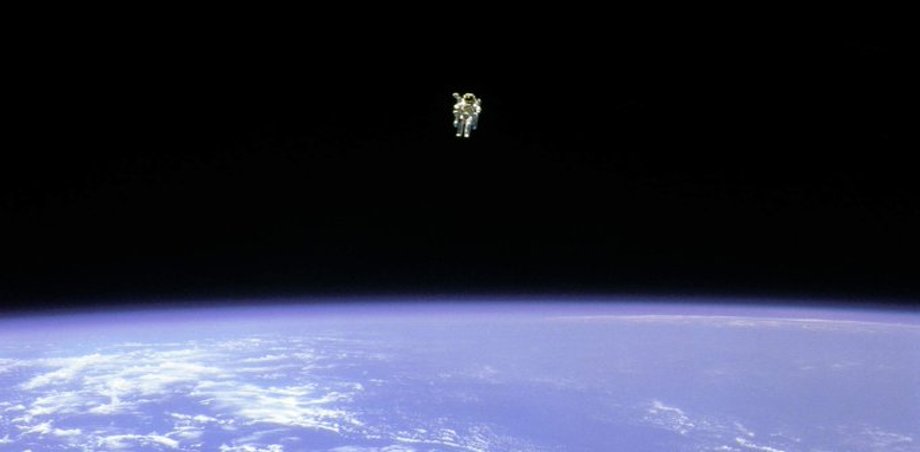
1) Working correctly, the brain represents highest form of “instinctual wisdom,” Alan Watts once said.
But just thinking rigorously or applying more knowledge isn’t what he meant.
THREAD 👇
But just thinking rigorously or applying more knowledge isn’t what he meant.
THREAD 👇
2) The brain can only assume its proper function when the mind is in a state of harmony and our consciousness is not trying to control and grasp.
3) When we are completely engaged with what we are doing in the here and now—and instead of calling it work, we realize it is play.
4) Yet our overloaded brain writhes and whirls to escape the present experience rather than being effortlessly aware of it.
5) We are out of touch with reality and sick with fascination for a future made up of purely abstract thoughts.
This is profoundly counterproductive.
This is profoundly counterproductive.
6) Our job is not to see the future; it’s to see the present very clearly.
7) The problem is we confuse the world as it is talked about—with inferences, guesses, and deductions—with the world which actually is.
8) To understand this is to realize the utterly exasperating nature of investing.
Markets are in a constant flux and yet we grasp for assurance, which itself remains an abstraction.
Markets are in a constant flux and yet we grasp for assurance, which itself remains an abstraction.
9)There is a contradiction in imposing our will on the market whose very nature is spontaneity and fluidity.
10) In other words, what makes us unable to invest with pure awareness is our warped relationship with time.
The ingenious brain seldom realizes that there is never anything but the present.
The ingenious brain seldom realizes that there is never anything but the present.
11) As long as we are looking at markets from a particular point of view (about the future), or from a particular experience we have cherished (from the past), or from some particular knowledge we possess (the ego), we are engaging in self-deception.
12) Our predictions assume so high a degree of reality in our mind that the present loses its value.
13) We damage ourselves with our willful style of thinking, an overly stern and unyielding adherence to ideas which simply cannot fit the demands of the world as it is.
14) How the market “should be” leads to hypocrisy.
15) This is the teaching of the Tao Te Ching: “Let reality be reality. Let things flow naturally forward in whatever way they like. Stop trying to control and grasp.”
16) Wu wei is the principle of not forcing things, which translates as “no trying” or “no doing.”
We can see the totality of something only when thought does not interfere
We can see the totality of something only when thought does not interfere
17) As paradoxical as it may seem, if we keep our mind open and wholly receptive while at the same time doing nothing, we might just see what we’re missing.
18) As Alan Watts notes, “Muddy water is best cleared by leaving it alone.”
19) It is unimaginably hard for the work-obsessed modern mind to do this: stay conscious and see what there is to be seen without preference.
20) But when we come to that awareness, unhypnotized by the illusion of time, we discover that we have to flow with the moment and accept the natural twists and turns of the market.
To attain wu wei, we surrender to its ebb and flow.
To attain wu wei, we surrender to its ebb and flow.
21) The market is not composed of autonomous, self-sufficient, purely rational individuals but emotional pack animals, intimately dependent on the whims of other human beings.
Accept it, incorporate it, and move through it.
Accept it, incorporate it, and move through it.
22) Trying to do the opposite of nature will only make us lose the Way. stray-reflections.com/article/141/Tr…
• • •
Missing some Tweet in this thread? You can try to
force a refresh



